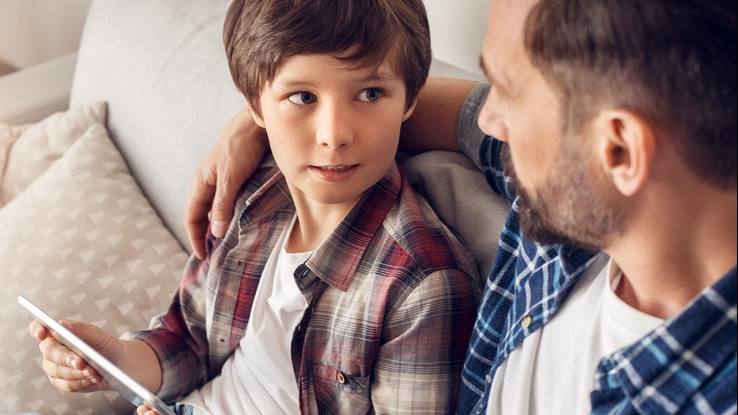
The collective trauma of the nation continues after a recent string of mass shootings. Having strong emotional responses to these events, even if you do not personally know the victims, is normal, says Dr. Daniel Hilliker, a child psychologist at Mayo Clinic.
"Trauma by proxy is a real thing," says Dr. Hilliker. "It's got some of the same types of effects as trauma that you experience more directly. When we learn about these awful events, it's hard not to have an emotional response that mirrors the one that folks who are experiencing it are having, as well.
School children may be having a difficult time right now, as their sense of safety and control can be shaken by these types of events. Dr. Hilliker says to take time for regular conversations with your children.
Watch: Dr. Daniel Hilliker talks about how to care for yourself and your kids during a tragedy.
Journalists: Broadcast-quality soundbites are available in the downloads at the end of the post. Please courtesy: Mayo Clinic News Network. Name super/CG: Daniel Hilliker, Ph.D./Pediatric Psychology/Mayo Clinic.
Ask them what they've heard and how it's affecting them. Share honest, age-appropriate information to fill the gaps in their understanding, help them name and discuss difficult emotions, and help them generate other ideas for self-regulation when they have big feelings. For instance, play a favorite game, take some slow breaths, have a dance party, snuggle a pet or think about ways to help others who are struggling.
"The starting point is just kind of trying to open those channels of communication and to talk with kids about what it is that you're thinking about or anticipating that's kind of keeping you feeling scared. While at the same time just really validating the idea that it's appropriate to have big feelings when there are big things happening," says Dr. Hilliker.
Limiting social media is just as good for adults as it is for kids. Dr. Hilliker says kids have a curiosity and a desire to make sense out of the nonsensical, which can lead them to repetitively consume media.
"It's something that we need to be careful about, especially young children who can't necessarily differentiate that was then and this is now. For them, it's almost like it's happening over and repeatedly when they're seeing additional reporting on it," says Dr. Hilliker.
Dr. Hilliker says while it is important to remain informed and not become numb to the plight of others, passive consumption of the seemingly unlimited media coverage that follows these events can lead to more difficulties in coping.
"There's a real risk of just continuing to consume more of it and taking on more of those trauma responses in the face of it," says Dr. Hilliker. "I think connecting with people in real life, or virtually, but connecting with important others and engaging in activities that we know are more restorative becomes important during these times, too."
Other ways you can help yourself and your children during these stressful times include:
- Prioritize rest and sleep.
- Eat regularly.
- Stay active.
- Connect socially with friends and family.
- Support meaningful causes and help others.
Allowing oneself to recognize that these are extraordinary times and put a little more of a premium on self-care is appropriate, says Dr. Hilliker.
"I think having that recognition of like, yep, these are really difficult times, and it takes a toll for me to continue supporting all these other things in my life. I need to take some time to care for myself and do things that are restorative," he says.







